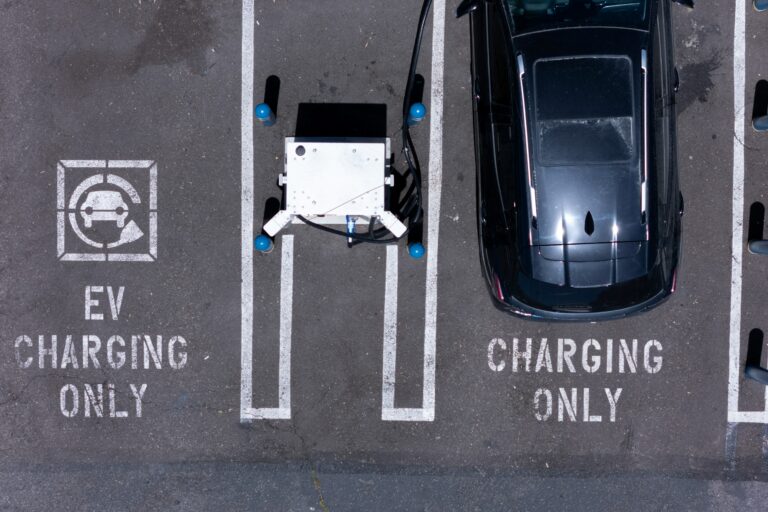US Ends Electric Vehicle Tax Credits
The US Congress has approved legislation that will end tax credits for electric vehicles (EVs) on September 30. The credits, which included $7,500 for new EVs and $4,000 for used EVs, have been instrumental in boosting green vehicle sales in recent years.

The Electrification Coalition, an EV advocacy group, criticized the decision, stating that it jeopardizes America’s role in the future of electric transportation, potentially ceding ground to China. The tax credit for EVs was first introduced in 2008 and was later expanded in 2022 to include leased vehicles and remove the per-manufacturer cap.
Industry analysts predict that the impending end of tax credits will lead to a surge in EV sales in the short term, followed by a decline. “We believe the bill reiterates the slowdown ahead for EV penetration in the US,” said Barclays auto analyst Dan Levy.
The decision also benefits US automakers by eliminating penalties for failing to meet Corporate Average Fuel Economy standards. This move is expected to make it easier for manufacturers to produce gas-powered vehicles. Notably, Chrysler parent Stellantis had previously paid $190.7 million in civil penalties for failing to meet US fuel economy requirements.
A Harvard University study released in March forecasted that ending EV tax credits would reduce EV penetration by 6% by 2030 and save the government $169 billion in EV tax credits over a decade.



